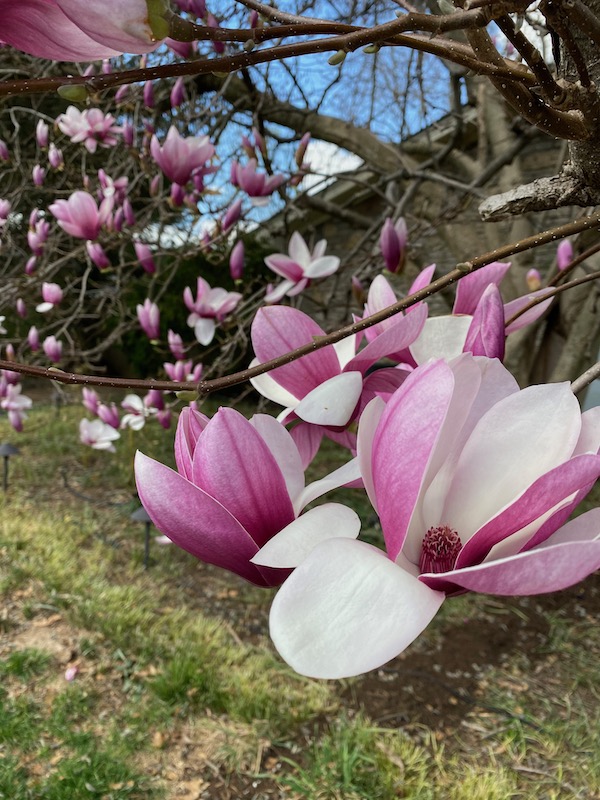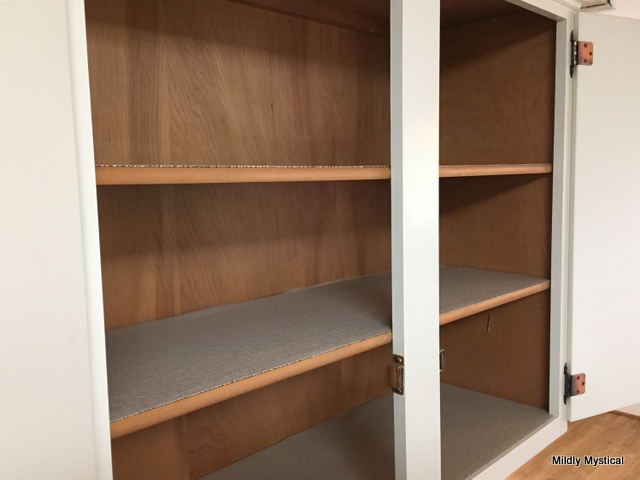I like what Karen Maezen Miller says about work in her memoir, Hand Wash Cold: Care Instructions for an Ordinary Life.
“Accord yourself with what needs to be done—the very thing that appears before you. What appears before you is not only the most important thing; it is the only thing, all other things existing in your imagination, for the time being.”

Miller is both a suburban mom and a Zen Buddhist priest, a combination of roles that seems particularly apt to me. When she talks about the work in front of her, she often means the same work that confronts me: piles of laundry and a kitchen to clean. Work that an unenlightened being on a bad day might consider drudgery.
Yet I know enough to recognize the wisdom in her teaching. I know that the dread I feel when the insurance company demands documentation is far worse than the effort of retrieving those papers from the files. I know that the frustration of cluttered counters and closets is far more painful than actually clearing them.
The problem is that I have better things to do with my time, or at least I think I do. I have more creative pursuits to follow, more important work to accomplish. I have a more fulfilling life to live than the messy one in front of me with all of its exasperating details.
On the other hand, sometimes the work in front of me is more complicated. That work may be the next step to take toward a larger goal. Often the problem that arises then is that I don’t know how to do it. Which means the additional task of learning to take on something I haven’t done before. There’s no ease with that, no sense of mastery. It would be so much more comfortable to just do what I’m good at.
I can avoid the big scary projects for a while, immersing myself in other things. But no one moves forward that way. And eventually all other endeavors lose their flavor if I’m not doing the work that calls to me. At the same time, it’s hard to do that higher level work when I’m tripping over the shoes and magazines piled on the floor.
So the work in front of me may be a sink full of dishes, or it may be the next step in making a dream come true. Both matter. Sometimes I experience a day in which each kind of work is a welcome respite from the other, a day in which I can gladly take on what’s in front of me without feeling I should be doing something different. When I can bring that kind of presence to my working, I’m released from the draining effects of second-guessing and doubt. What I’m doing is the right thing, and it’s all that matters.
As Miller says, “At the moment when I’m in the muck, at the moment when I’m doing anything, it is my life, it is all of time, and it is all of me.”
What work is in front of you?



